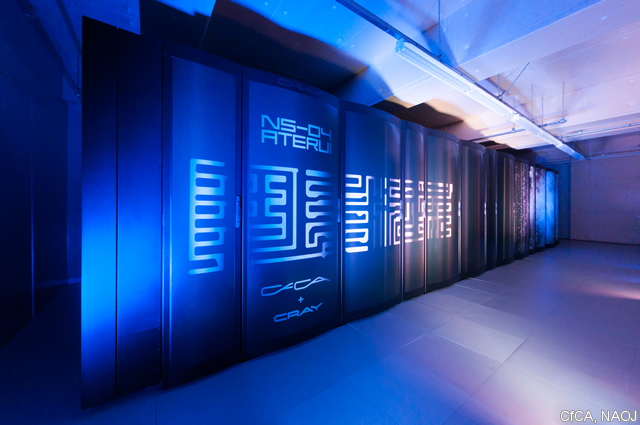2018/11/29 — 2018/12/03
Panasonic Auditorium, Yukawa Hall, YITP
https://www.yukawa.kyoto-u.ac.jp/seminar/s52455?lang=en-GB
The international workshop “Recent advances in nuclear structure physics 2018 (RANSP2018)” will be held at Yukawa Institute for Theoretical Physics, Kyoto University, Japan, during 29 Nov — 3 Dec 2018. This workshop covers a wide area of nuclear structure and reaction physics and gives an opportunity to discuss with Prof. A. Afanasjev, who will be visiting YITP as a visiting professor. Also, Prof. D. Vretenar comes to the workshop.
The topics include
* Density functional theory for the nuclear structure
* Ab initio nuclear structure and reaction based on the realistic interactions
* High spin states and exotic structures of nuclei
* New excitation modes of neutron-rich nuclei
* Observables for the contributions of tensor and three-body interactions
* Developments of the experiments for the nuclear structure and reaction
* Other related topics
The deadline for the registration is 14 Oct. 2018.
Organizers : Abe, Takashi(CNS), Hinohara, Nobuo(Tsukuba), Horiuchi, Wataru(Hokkaido), Itagaki, Naoyuki(YITP), Yoshida, Kenichi (Kyoto)
